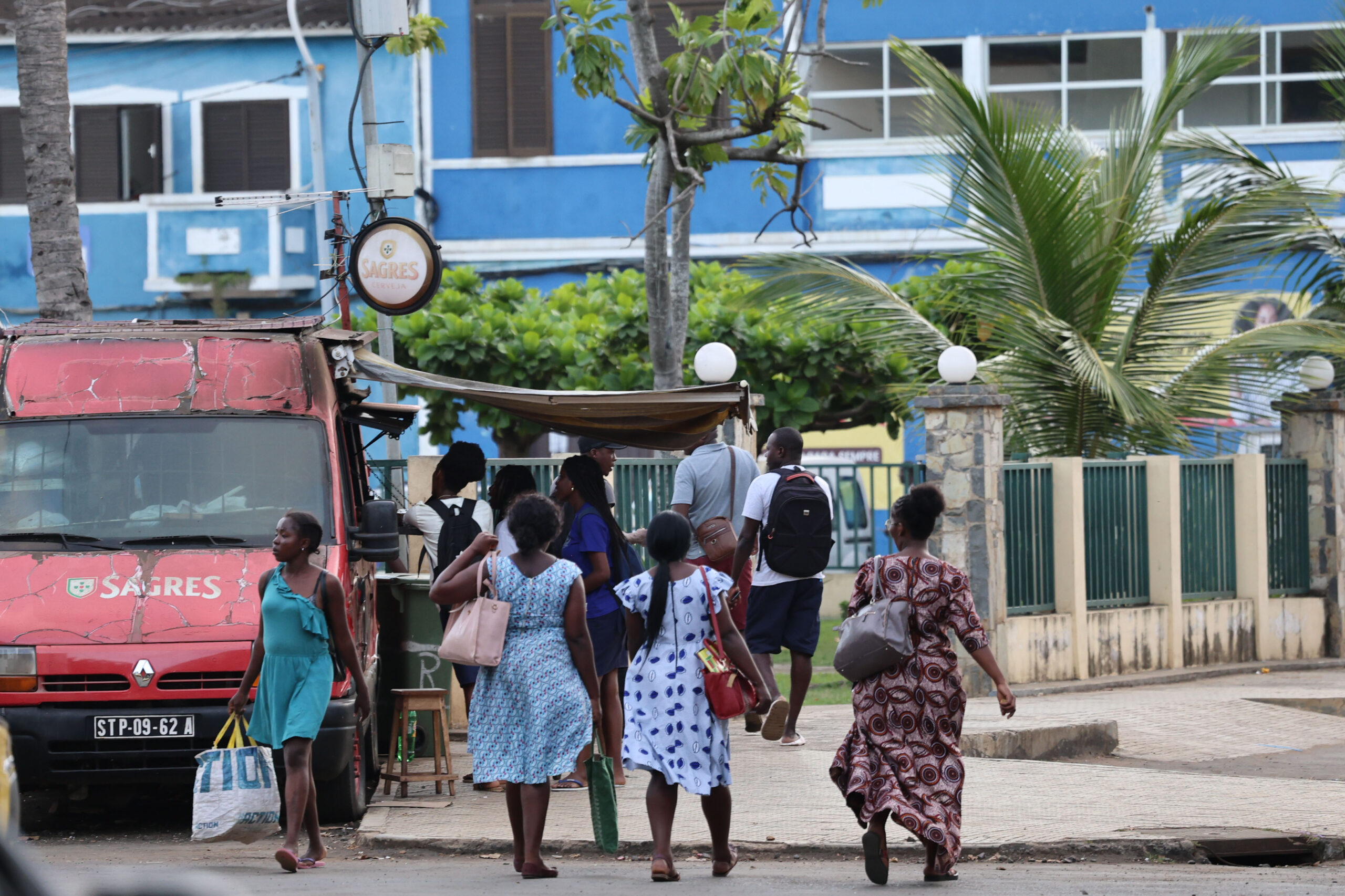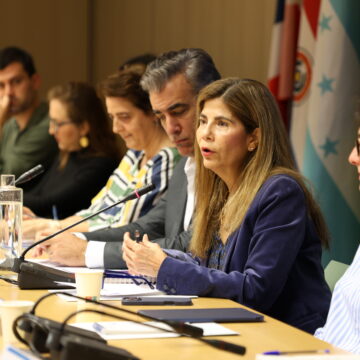SEGIB launches study to analyze the potential of EU-LAC Triangular Cooperation with other regions of the Global South
This is the second publication prepared as part of the analytical component of the ADELANTE 2 Program implemented by the institution.

The research titled “Opportunities and challenges of Triangular Cooperation between the European Union and Latin-America and the Caribbean with other regions of the Global South” had two objectives. On the one hand, to make a comprehensive assessment of Triangular Cooperation (TC) implemented between 2015 and 2023, in three specific fields: intraregional TC in Latin-America and the Caribbean (LAC); TC between LAC and other regions of the Global South; and TC in other regions of the Global South. On the other hand, it aimed to identify opportunities and comparative advantages —in the current context— to generate new and broader TC partnerships between EU, LAC and other regions of the Global South.
The document has 12 chapters that provide an in-depth analysis of the main elements that characterize TC at present, from the most conceptual and political level to its implementation and materialization in concrete initiatives.
The interest in exploring this topic originated in the examination of the information of the region’s SSC and TC data, which shows that, although TC has its own growing momentum in terms of number of initiatives and instruments, the participation of other regions of the Global South in Ibero-American cooperation in this modality has been lower compared to others. In fact, other regions of the Global South participate in around 40% of Regional SSC exchanges and in 25% of that which take place in the framework of Bilateral SSC initiatives, but only in around 16% of LAC TC initiatives.
Some of the main findings of the study reveal that, while all the regions that were analyzed promote TC, this modality is concentrated among a few stakeholders which mainly implement projects through specific regional funds and programs. In addition, the research found that TC is predominantly intraregional in nature due to political, institutional, and methodological reasons.
Finally, the document highlights some of the challenges Ibero-America faces when promoting triangular partnerships with other regions. These are related to cultural and language differences, geographical distance, lack of knowledge about cooperation policies and institutional frameworks of other countries of the Global South, and limited information about SSC and TC experiences in other countries.
October 2025
***
Source and photos: SEGIB based on Agencies and Directorates-General for Cooperation.

